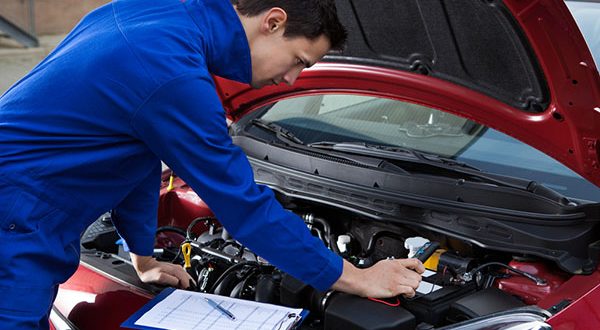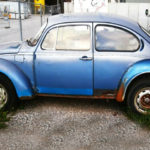When you want your vehicle to give you as much use as possible, you look into ways to proactively care for your car. With lots of tips and tricks out there on the internet, you can also find some not so helpful advice about car maintenance. Some of the advice you get is based on myths about either your auto in general or what to do to take care of it.
Some of the most common myths include the idea that lowering windows makes your vehicle less fuel efficient and that it’s critical to get an oil change every 3,000 miles. Even more, there are multiple shows like MythBusters. that set out to prove some of these most common myths. Here are the top five myths car owners have about taking care of their vehicle that have been proven to not be true:
Change your oil religiously every 3,000 miles
Unless you have a really old or classic or collector car that you have refurbished, you don’t have to change your oil this frequently. When both oil and automobile technology were brand new, this was very much true. However, with the improved technology we have now in refining the oil we use and the way your car’s engine works, this rule no longer applies. If you use synthetic oil, it can comfortably last for up to 15,000 miles. For most vehicles that were manufactured in the last decade or so, a good car maintenance habit would be to change your oil around every 7,500 miles instead.
You must take your vehicle to your dealer for maintenance in order to keep the factory warranty valid
This myth is what drives most of the revenue generated in dealership car shops, however, a licensed auto mechanic is a licensed auto mechanic. There is no clause in your factory warranty that says that your car maintenance must be done at the dealership you purchased the vehicle from. It DOES say that your factory warranty is invalid if work is done by an unauthorized mechanic. This simply means that you can’t have repairs done by a mechanic who doesn’t have a legal license to perform auto repairs. The only thing you need to be sure to do is have regular maintenance done at the recommended intervals, otherwise that could void a warranty.
Using premium grade fuel extends the life of the engine
Premium grade fuel does in fact burn more efficiently in the combustion chamber than regular grade or even mid-grade gas, but that doesn’t mean that it’s necessarily “better” for your vehicle. The best advice to go by is your car owner’s manual. The manual will let you know what the recommended or required gas is for your automobile to have a long and happy life. The Federal Trade Commission also published a consumer information report saying that unless it’s recommended, you should avoid paying the outrageous price difference, and that in most cases, there is no measurable benefit to using premium grade.
If you replace a tire, you should replace more than one at a time
This myth comes from the idea that you want to maintain an even wear on your tires and have a better schedule of when to rotate and replace them. If your other tires still have good amount of tread and you are in need of a new tire because of a nasty flat, there’s really no reason to replace the other ones. An even more important car maintenance tip to keep in mind is that when you replace any tire at all you have to be sure to replace that tire with the same model, size, tread pattern and speed rating. The only time you may want to consider purchasing more than one tire at once is when you have all-wheel-drive vehicle where you regularly use the all-wheel-drive feature. The all-wheel-drive system relies on a close to perfectly in-sync tire system to allow it to perform.
To optimize car functionality, you need to replace your filters at every oil change
Much like the myth that oil changes must be made more frequently than necessary, filters are also often replaced too quickly. Your car has many filters that eventually will need to be replaced or cleaned out. Air filters though can last a lot longer than most think. A good rule of thumb for your car maintenance routine is that what really matters are the driving conditions. If you regularly drive through dusty construction areas, your air filters will need to be checked more often and either air blown or replaced. Although different manufacturers also recommend different mileage intervals for their automobiles, generally speaking, the range to clean or replace filters is between 15,000 and 30,000 miles.







